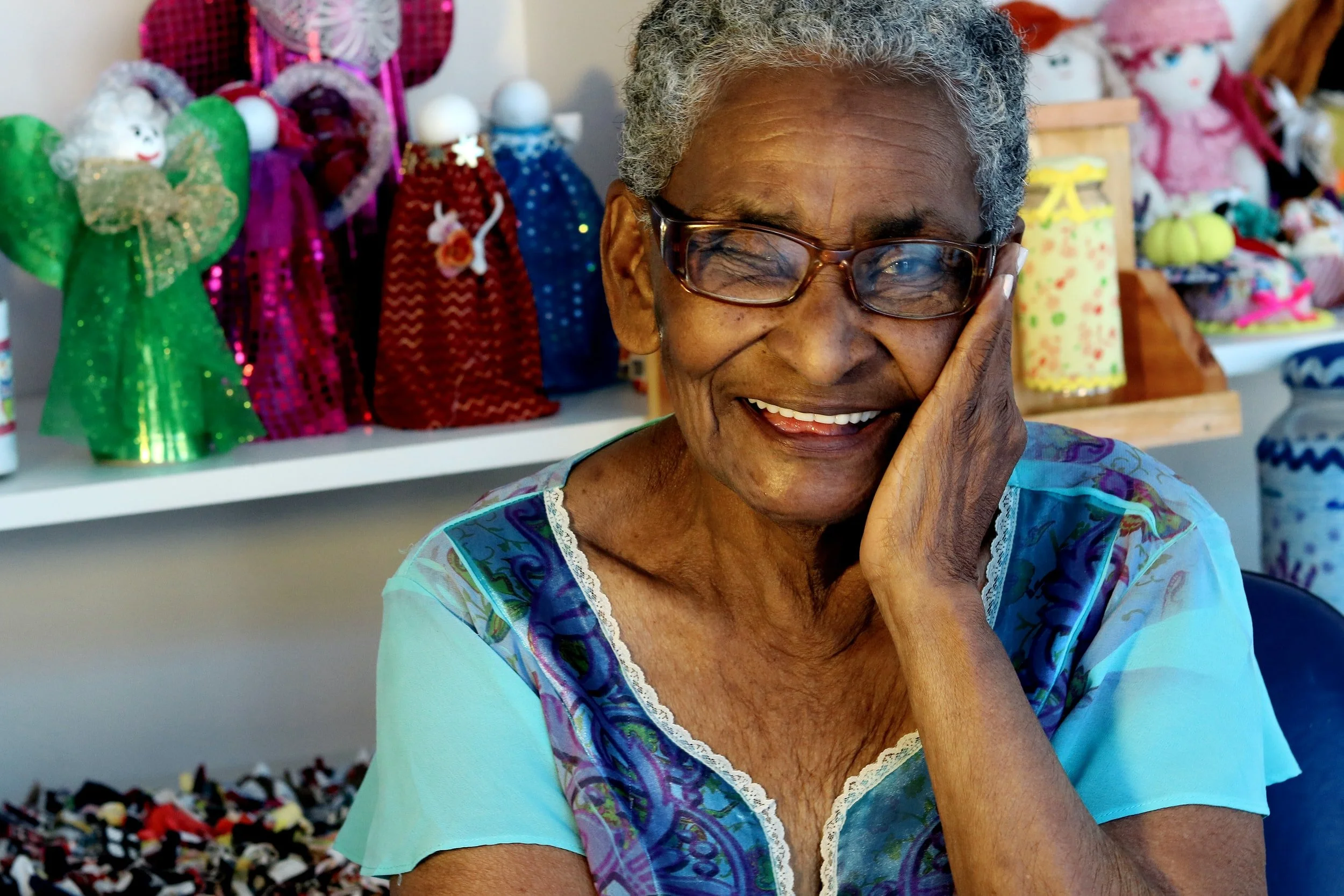Recent Publications
Correlates of Social Isolation Among Community-Dwelling Older Adults During the COVID-19 Pandemic
Omolola Adepoju, Mini Chae, LeChauncy Woodard, Kendra L. Smith, Luz Herrera, Daikwon Han, Daniel L. Howard, Jessica Dobbins and Marcia Ory
ORIGINAL RESEARCH. Front. Public Health, 10 December 2021 | https://doi.org/10.3389/fpubh.2021.702965
The past year has severely curtailed social interactions among older adults given their high rates of COVID-19 morbidity and mortality. This study examined social, behavioral, and medical correlates of social isolation among community-dwelling older adults during the COVID-19 pandemic and stratified findings to explore unique differences in two typically neglected populations, African American and Hispanic older adults.
Health Disparities and Climate Change: The Intersection of Three Disaster Events on Vulnerable Communities in Houston, Texas
Omolola Adepoju, Daikwon Han, Mini Chae, Kendra L. Smith, Lauren Gilbert, Sumaita Choudhury, LeChauncy Woodard
ORIGINAL RESEARCH. Int. J. Environ. Res. Public Health 2022, 19(1), 35; https://doi.org/10.3390/ijerph19010035
Although evidence suggests that successive climate disasters are on the rise, few studies have documented the disproportionate impacts on communities of color. Through the unique lens of successive disaster events (Hurricane Harvey and Winter Storm Uri) coupled with the COVID-19 pandemic, we assessed disaster exposure in minority communities in Harris County, Texas. A mixed methods approach employing qualitative and quantitative designs was used to examine the relationships between successive disasters (and the role of climate change), population geography, race, and health disparities-related outcomes.
“Ignored and Invisible”: Perspectives from Black Women, Clinicians, and Community-Based Organizations for Reducing Preterm Birth
Kendra L. Smith, Fatema Shipchandler, Mashariki Kudumu, Shantay Davies-Balch, and Stephanie Leonard
ORIGINAL RESEARCH. Maternal and Child Health Journal. https://doi.org/10.1007/s10995-021-03367-1
The preterm birth rate for Black women in the U.S. is consistently higher than other racial groups. The crisis of preterm birth and adverse birth outcomes among Black people is a historical, systematic confluence of racism, stressors, and an unsupportive and hostile healthcare system. To inform the development of preterm birth risk reduction interventions, this study aimed to collect and synthesize the experiences of Black women who gave birth preterm along with clinicians and community-based organizations who serve them.



